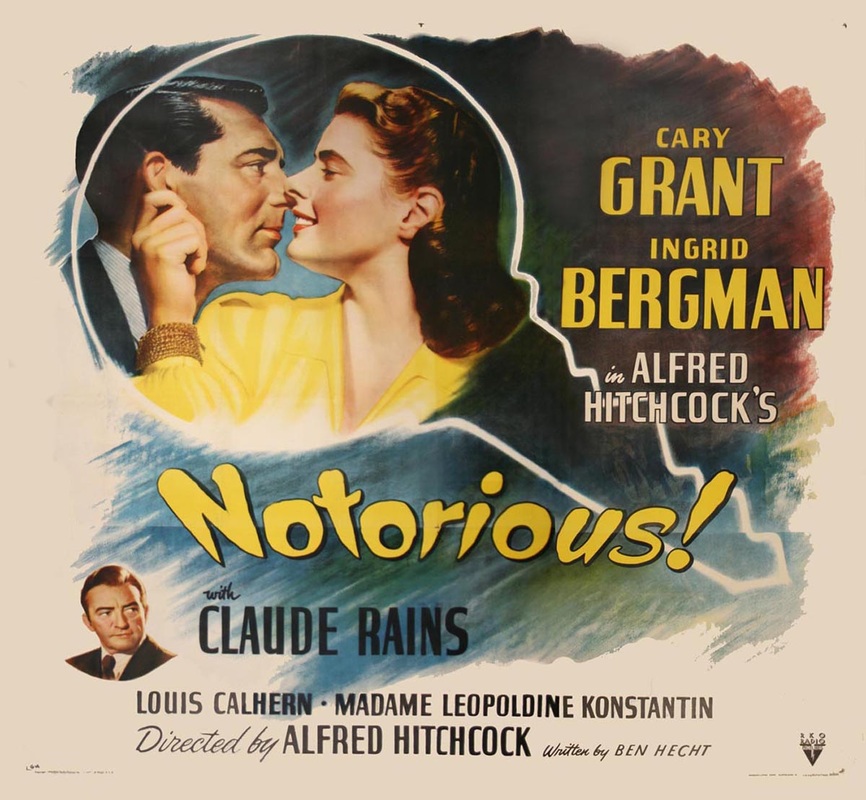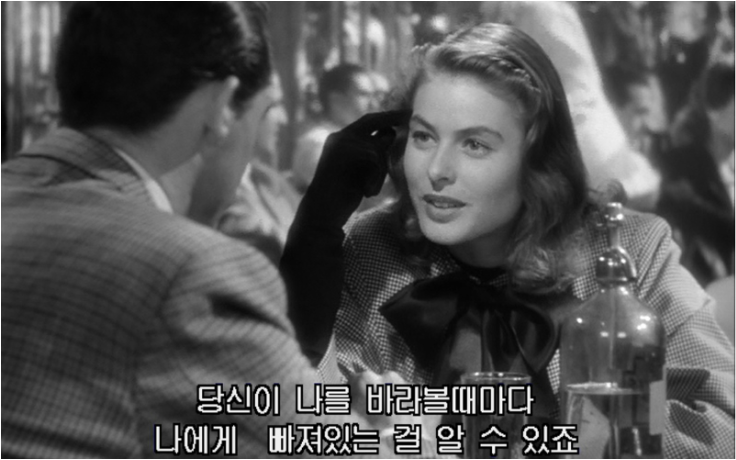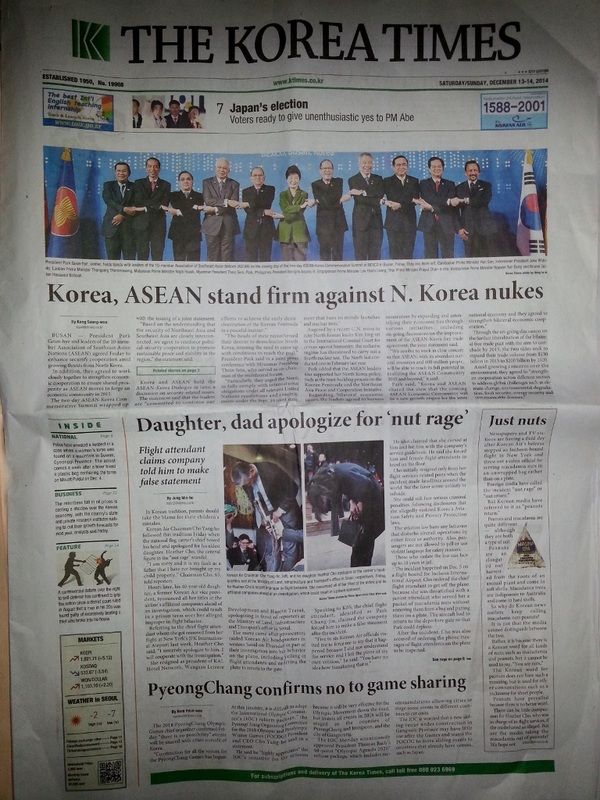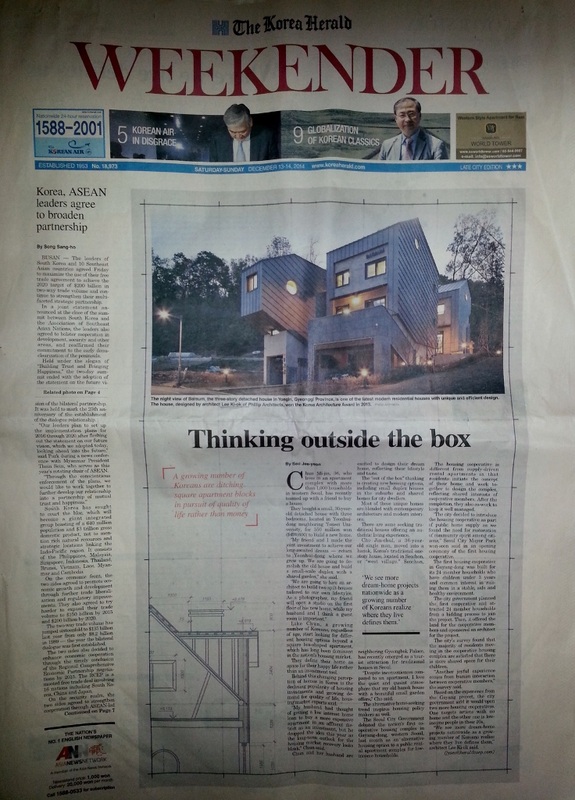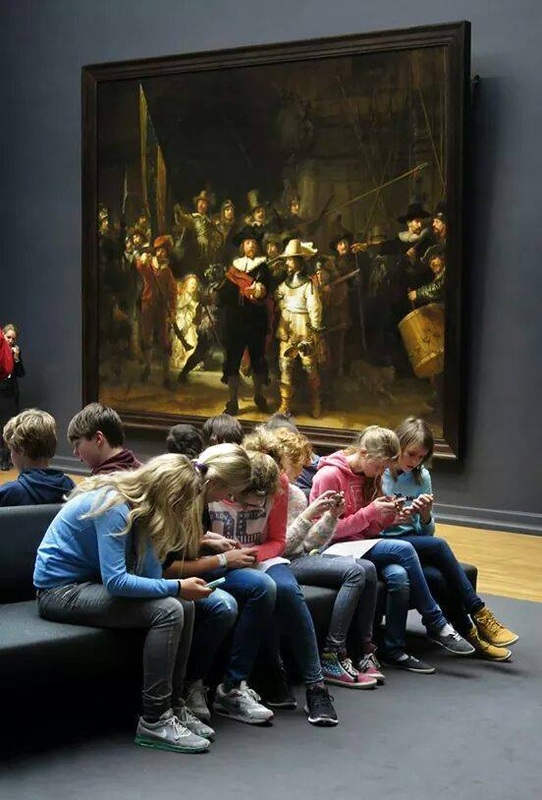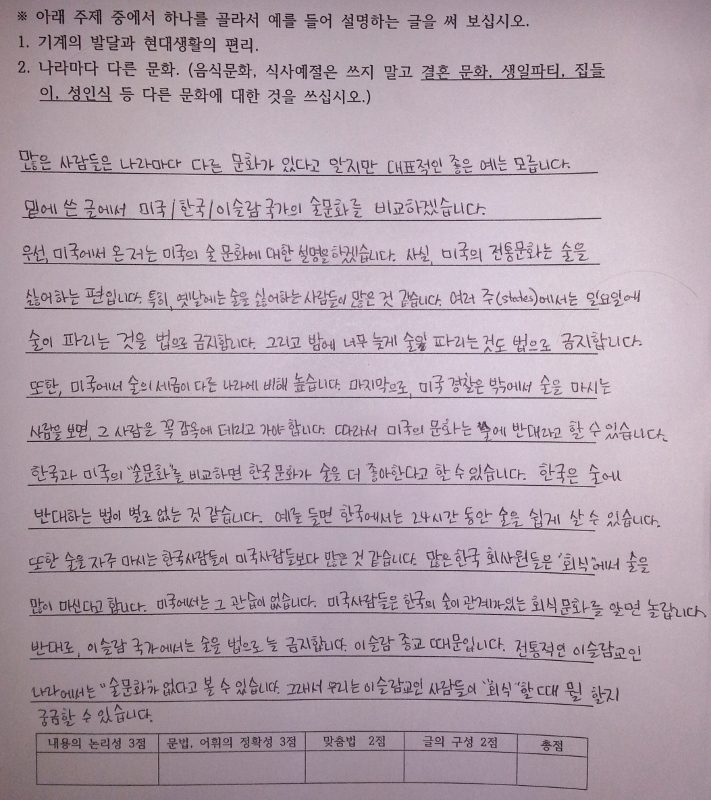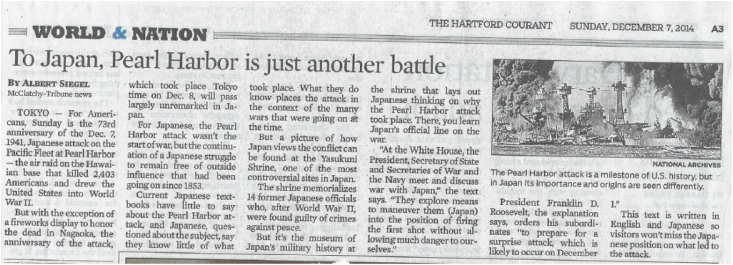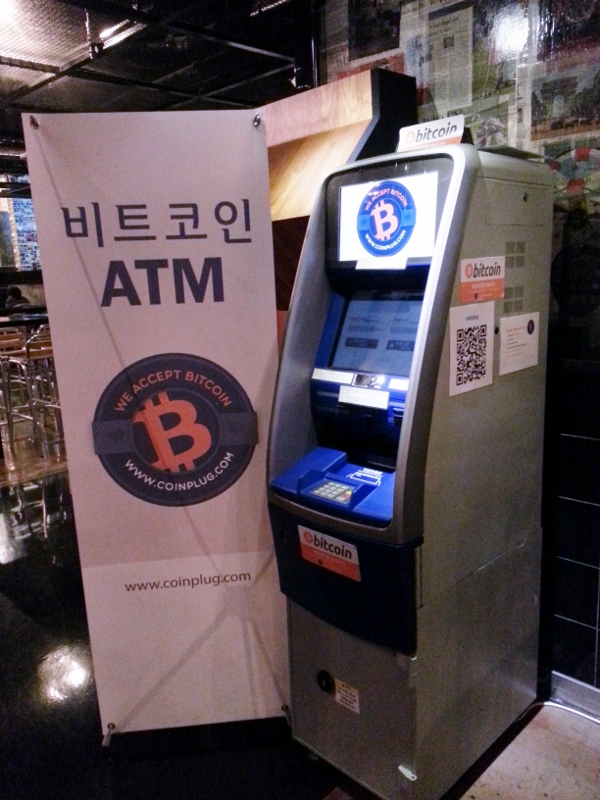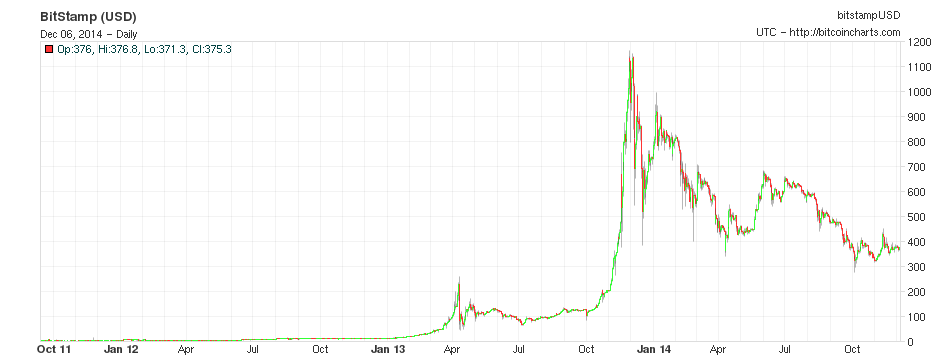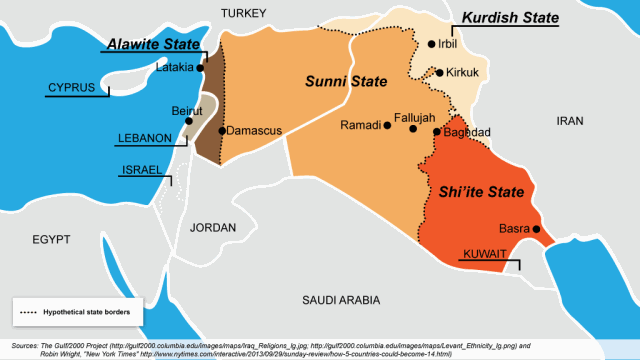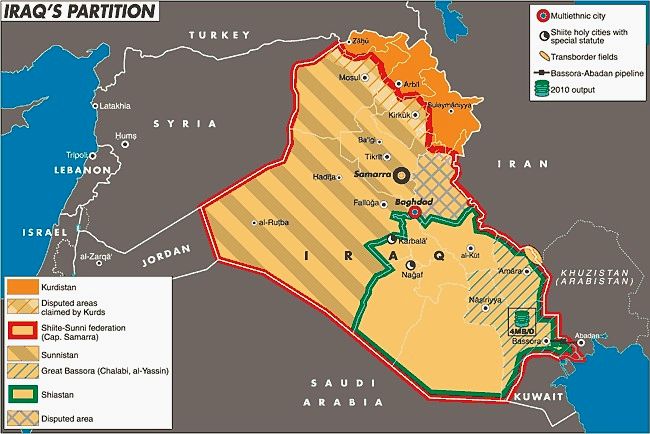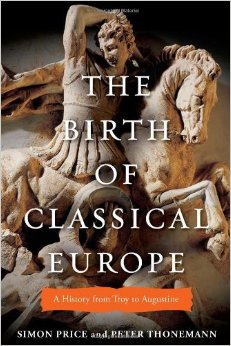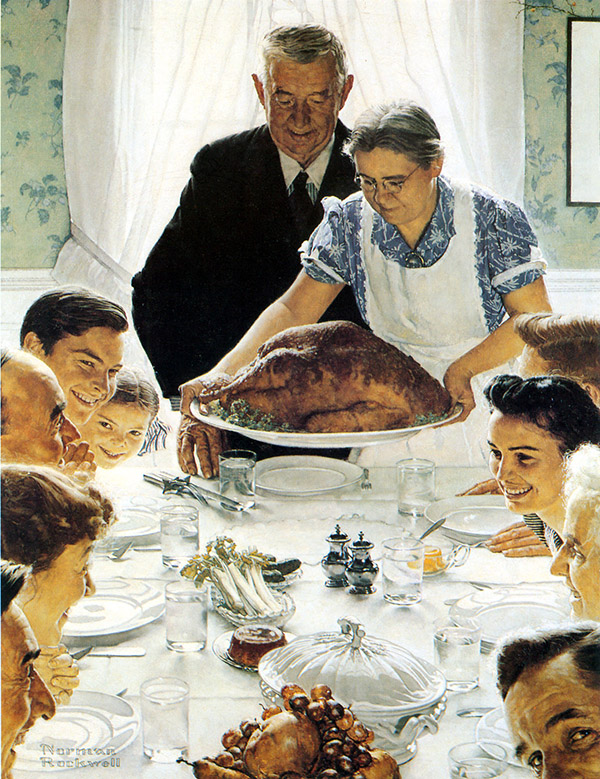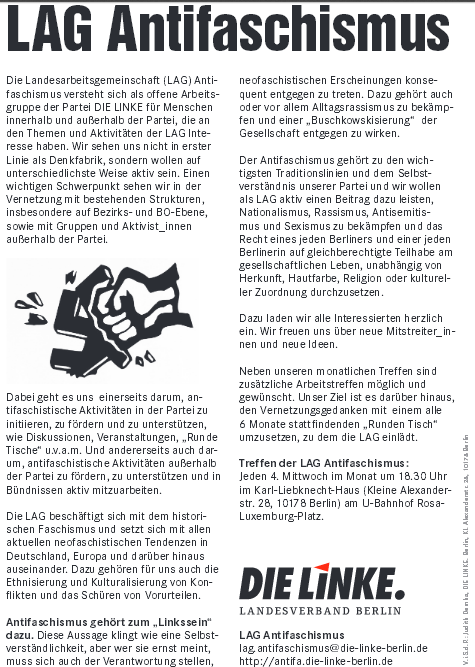The area around Dobong Station, still within the Seoul city limits (barely), felt more like a backwater country town a hundred miles away than it felt like Seoul.
While we were still near the station, M.P. did a “Hey, let me show you something,” and waved in a particular direction. M.P. had lived in this area before. I followed. We came to a little building housing a bland cell phone shop and a piddling, unremarkable cafe with a typically-ostentatious name (“Cafe Lucile”). I wasn’t impressed. But just then I looked up.It was a museum in honor of a long-forgotten American general killed nearby many years ago. Now I was interested.
I commented to M.P. that I was sure that General Walker, who in 1950 frantically led Eighth Army (under which were all U.S. Army units in Korea), did not say the words attributed to him on this plaque verbatim, i.e. “I’m going to keep the korea end of the die here.” This is such a poor translation as to be almost indecipherable if you didn’t know the context. It is a translation into English from Korean from English. (As written: 내가 여기서 죽더라도 끝까지 한국을 지키겠다). I can’t find the original words in English online. I would offer the following as a better translation: “Even if I have to die here, I’ll fight to the end to keep Korea free”.
Nearby, across from the train tracks and not far from Dobong Station, marks his spot of death all those years ago.
Walker was a Texan. Physically, he was short and fat (“stocky”). The author of a book about the Korean War I read compared him to a comedic stock character often seen in old war movies, the local misfit drafted into the army, assigned ill-fitting clothes, whose helmet won’t strap properly; this kind of thing. He may not have looked the soldier, but according to my reading, he was always at the front in the crucial months of summer 1950, often zipping from place to place in his personal propeller plane, always “inspecting” (yelling at) the Americans to stiffen their backbones, to shape up and start fighting for God’s sake; stop retreating. Of course, actions speak louder than words, and General Walker so often showing up at frontline positions must have inspired bravery by example.





